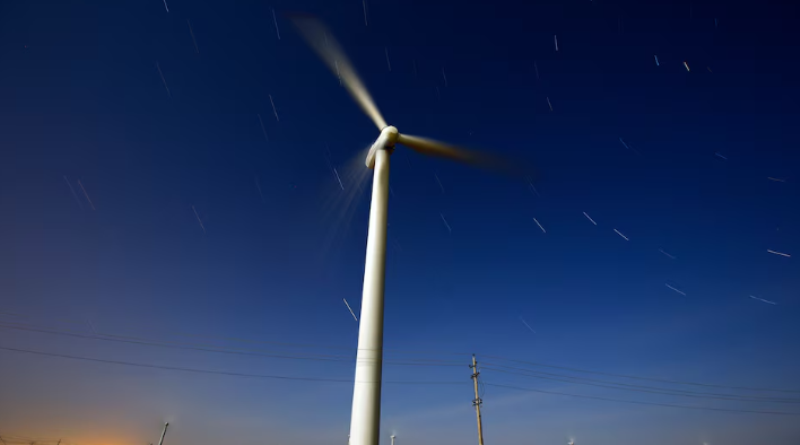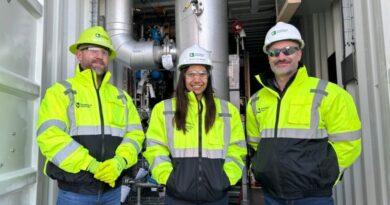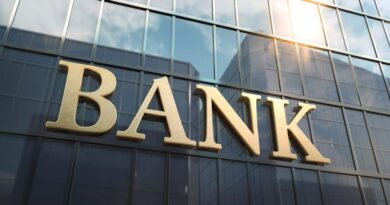Exclusive: ADB increases climate finance after US, Japan give world’s first sovereign guarantees
- Asian Development Bank to spend extra $7.2 bln
- U.S. guarantees $1 bln of existing loans, Japan $600 mln
- Part of plan to scale up development finance at COP29
BAKU, Nov 11 (Reuters) – The Asian Development Bank will increase its climate-related lending by up to $7.2 billion after the United States and Japan agreed to underwrite risk for some existing loans, an ADB executive said, marking the first ever sovereign guarantees for climate finance.
The new strategy, shared exclusively with Reuters, offers a potential template for other development banks to follow as the U.N.’s COP29 climate summit in Baku, Azerbaijan, starting this week focuses on ramping up the amount of finance available to developing nations.
The ADB has set a long-term cumulative climate finance lending target of $100 billion between 2019 and 2030. In 2023, it lent $9.8 billion.
The U.S. election victory last week of Donald Trump, who has vowed to remove the United States from the Paris Agreement on climate, has overshadowed the start of the Baku talks, adding pressure on Europe and China to help get a strong result, negotiators said last week.
Under the ADB plan, the world’s richest country would guarantee up to $1 billion of existing loans from Asia’s top development institution, while Japan would underwrite $600 million – freeing the bank to lend more for climate-related projects.
“The structure is a fantastic way of extending a multilateral development bank’s (MDB) lending capacity without going through the politically difficult situation of a general capital increase,” which would need to come from fresh country donations, Jacob Sorensen, director of partner funds at the ADB, told Reuters.
An ADB spokesperson declined to comment on whether the deals, which were finalised last week, would be affected by the incoming Trump administration.
The extra lending headroom the guarantees generate will be deployed over the next five years, while the duration of the guarantees themselves will be 25 years, according to the ADB.
COOKING OIL TO JET FUEL
One of the first beneficiaries from this new ADB push will be a project in Pakistan to generate sustainable aviation fuel from cooking oil, Sorensen said. About half of the $90 million needed would come from the ADB scheme with the deal expected to be signed on Nov. 20, the bank said.
The ADB, based in the Philippines, has spent three years developing the guarantee deal with a group of Western governments and hopes other countries will follow soon, he added.
It has also been sharing its experience with the World Bank, Inter-American Development Bank and European Investment Bank as part of broader, collaborative efforts to scale up climate-related lending.
“We have been extensively in consultation with multiple other MDBs,” Sorensen said.
While the deals mark the first use of sovereign guarantees for climate finance, they have previously been used to fund other areas of lending such as education.
Public lending institutions have also begun to guarantee other, third-party investments for climate projects. Earlier this year, the World Bank launched a platform to house all such guarantees for loans and investments from across the various branches of the organisation, in an effort to expand their use.
The programme was going “very well”, having guaranteed more than $10 billion through the programme in 2023 with a goal of doubling that annual figure by 2030, Axel van Trotsenburg, the bank’s senior managing director told Reuters last month in Washington.
As climate change increases the threat of extreme weather and disaster worldwide, developing countries are forecast, opens new tab to need more than $2 trillion a year by 2030 to transition to clean energy and prepare for the conditions of a warmer planet.
Rich nations are hoping that a financing deal at COP29 goes beyond relying on donations from them for climate finance, and instead looks to development banks as well as private investors for the bulk of the world’s climate cash.
Source: reuters.com




